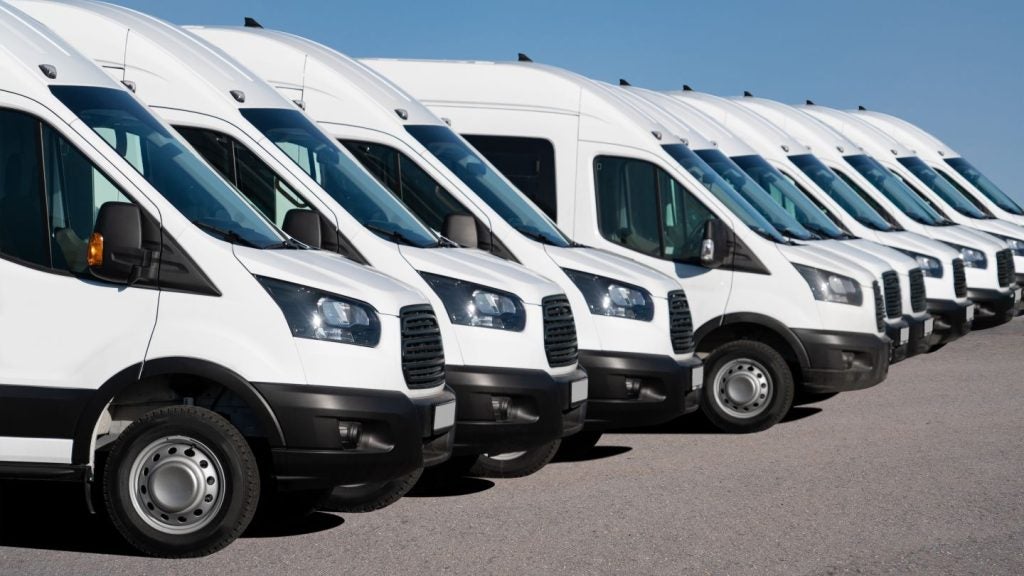Audi chief executive Rupert Stadler was arrested by authorities in Germany on Monday, parent group Volkswagen (VW) has said, in one of the more high-profile developments in the emission scandal saga engulfing the car industry.
“We confirm that Mr Stadler was arrested this morning. The hearing to determine whether he will be remanded is ongoing,” a spokesperson for VW said.
Stadler’s arrest came a month after Audi admitted that some 60,000 A6 and A7 models had been fitted with emission-cheating software, adding to the 850,000 vehicles Audi already had to recall last year over the issue.
In April, an executive at Porsche, another of VW’s child brands, was arrested by German authorities, who cited a risk of flight and evidence tampering.
Last month, a jury in the US indicted nine people over the use of emission cheating devices, which VW said involves as many as 11m vehicle worldwide.
A number of those indicted by American authorities, including former VW group chief executive Martin Winterkorn, remain in Germany, with most of them unlikely to face extradition.
How well do you really know your competitors?
Access the most comprehensive Company Profiles on the market, powered by GlobalData. Save hours of research. Gain competitive edge.

Thank you!
Your download email will arrive shortly
Not ready to buy yet? Download a free sample
We are confident about the unique quality of our Company Profiles. However, we want you to make the most beneficial decision for your business, so we offer a free sample that you can download by submitting the below form
By GlobalDataSo-called “Dieselgate” broke out in 2015, and its effect has since spread from Volkswagen-brand cars to other brands in the German group and beyond. In 2017, diesel cars in Europe fell below 50% of market share for the first time in almost two decades.
The scandal’s immediate fallout saw Porsche head Matthias Müller replace Winterkorn as chief executive. Müller was himself ousted in favour of Volkswagen brand head Herbert Diess in April this year.
The emission saga heavily dented diesel’s reputation across the car retail market, with customers increasingly shifting towards petrol and hybrid vehicles, wary of a diesel backlash from policymakers.
Consumers’ fears partly came true when Germany’s federal court allowed local authorities to impose bans on diesel vehicles early this year, forcing Volkswagen to introduce a “diesel ban guarantee” in order to sustain sales in its most prized market.
A number of carmakers worldwide – including Volvo, Fiat Chrysler and Nissan – have been confirmed or reported to be gradually phase out diesel engines on future models, focusing instead on petrol hybrid and electric vehicles.






